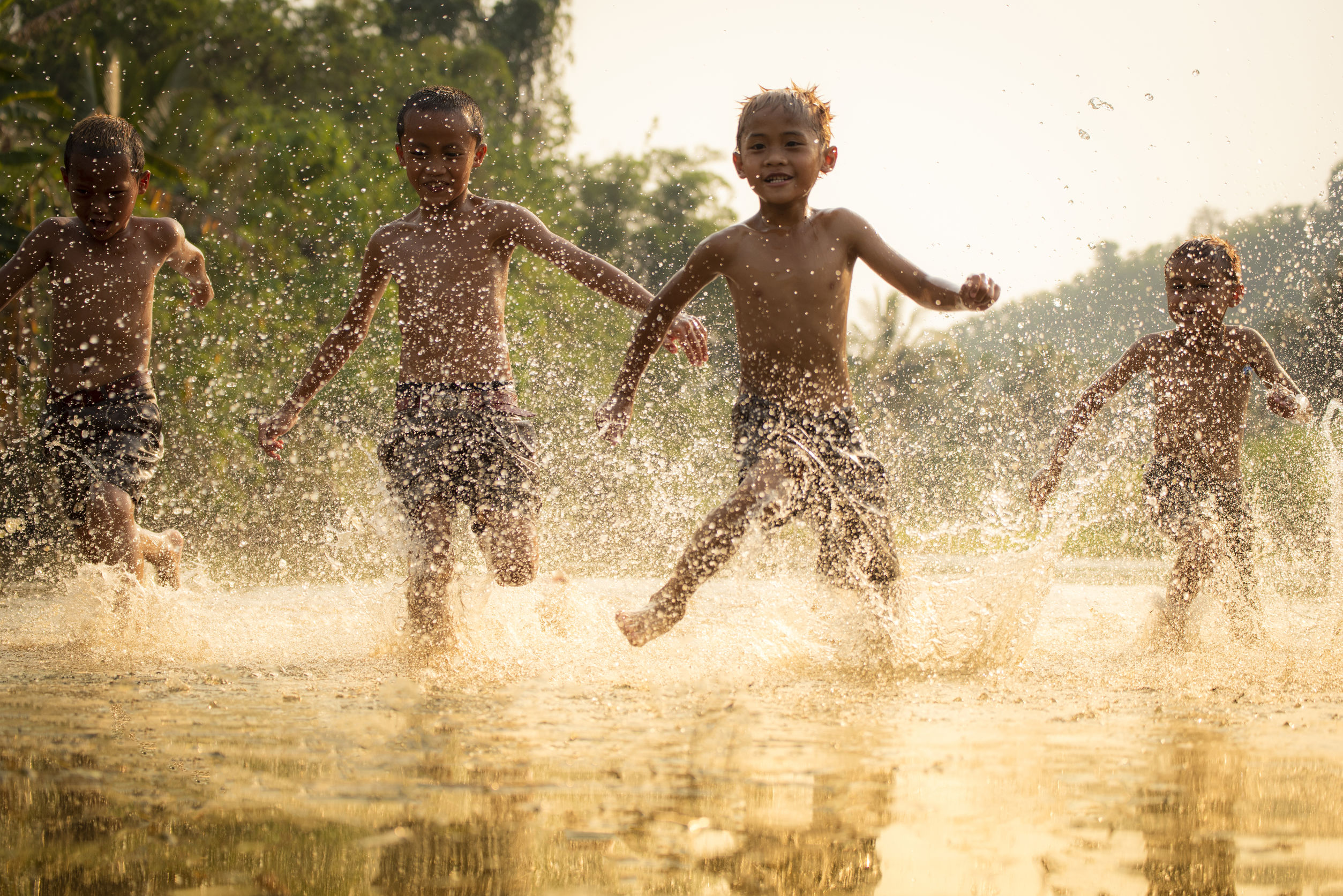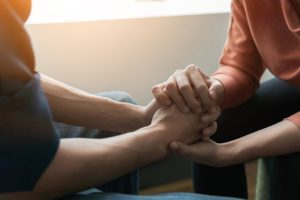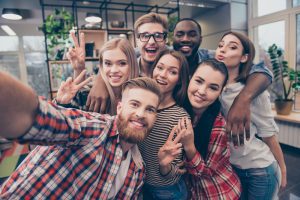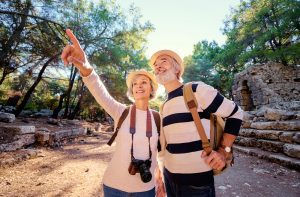There are 47 different types of experiences a person can go through from a young age to adulthood. All of them come at different stages of life or any moment and can be further divided into sub-experiences or smaller experiences.
One of the first is the physical experience that teaches us about special awareness first and then about other physical objects or locations later in life. The mental experience is at least as important and it involves all things that impact our mind both consciously and unconsciously.
Emotional experiences are part of our social character. Spiritual experiences are in a class of their own. Virtual experiences are some of the newer types of involvements seen in recent years.
Table of Contents
Types of experiences by category
There are 6 main types of experiences which can further be divided into at least 47 different types of experiences. Human experiences have long been revolving around the physical, mental, emotional, and religious.
To these, we can also add virtual experiences. Before jumping into the experiences themselves, here are the main groups of experiences a person goes through.
1. Physical experience
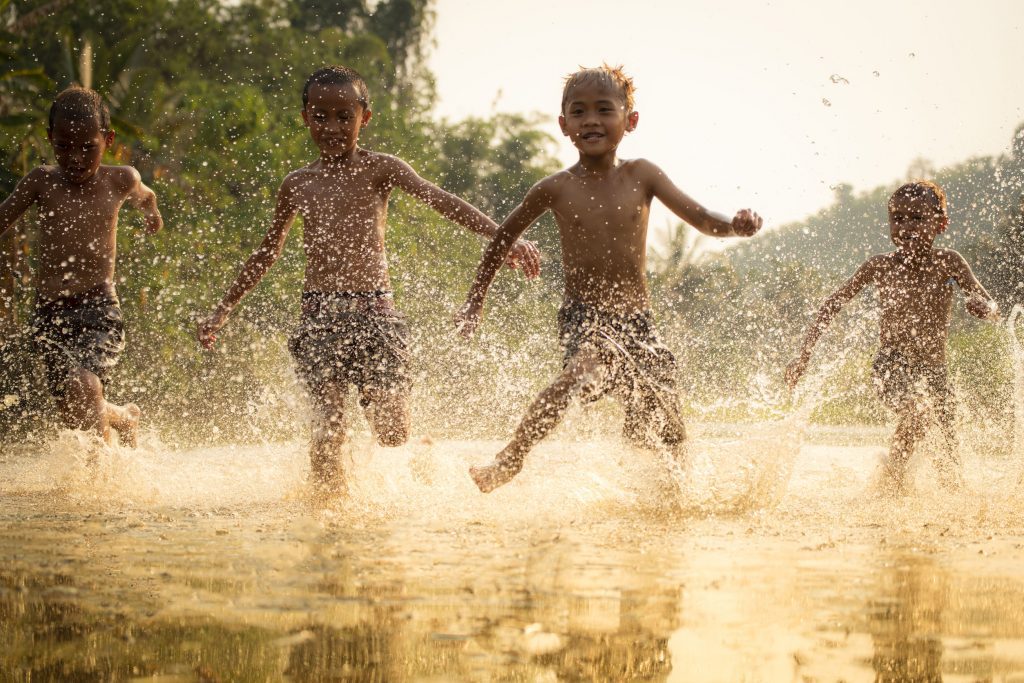
A physical experience includes both processed and unprocessed events in your immediate surroundings. There are different types of experiences a person can have that involve the physical.
Some of them simply require your presence to be categorized as physical experiences. Here are a few sub-types of physical experiences.
An immersive experience requires you to be there in person. From playing as a child to travel as an adult, a physical experience requires your presence.
It could arguably be the opposite of a narrative experience which is part of the mental group of experiences.
2. Mental experience
Mental experiences take place in our minds. They can be disconnected by the physical such as in the case of fear or anger or they can be the result of past physical experiences.
Mental experiences also involve learning and being aware of social behavior. Training the mind is part of this category of experiences.
3. Emotional experience

Emotional experiences are some of the most intimate. They relate to feelings of love, social abilities, anger, and many other personal aspects.
Emotional familiarities generally involve affectionate experiences, desired experiences, and sensational experiences.
4. Spiritual experience
A spiritual experience refers to a person’s beliefs. Some of these can be thought from a young age while others are discovered as an adult.
A transformation experience can often be a spiritual experience.
5. Social experience
Social experience requires the physical presence or communication with other people. These types of experiences are part of our main needs as humans.
It has been defined by Maslow’s Hierarchy of Needs (psychological needs, safety needs, love and belonging, esteem, and self-actualization).
6. Virtual experience
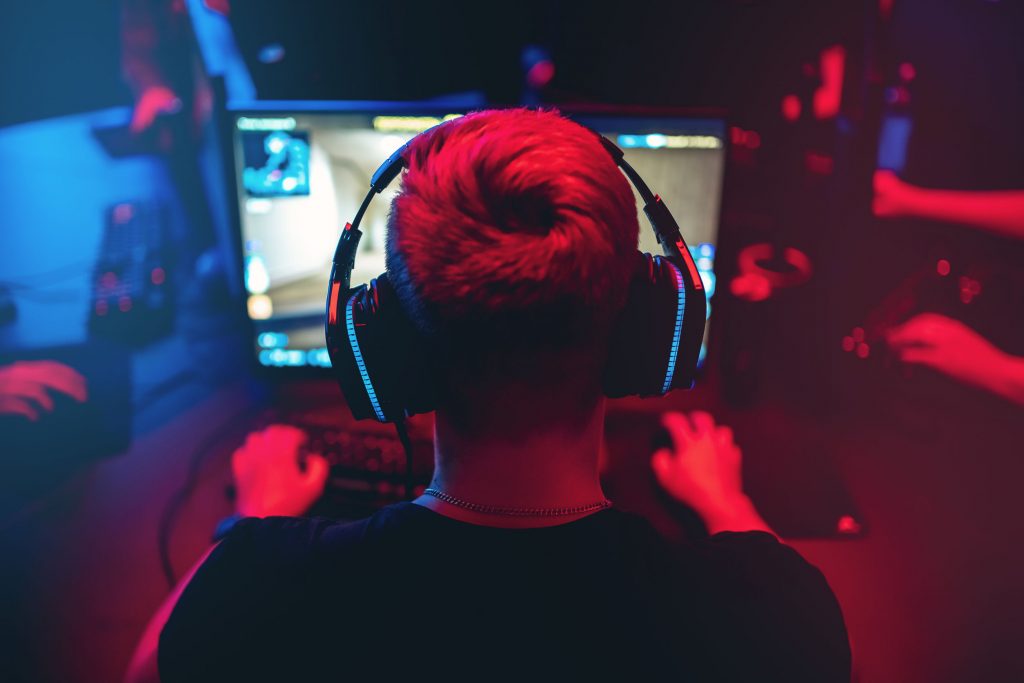
Virtual experience refers to the information technology and its immediate role in our lives that also require physical interaction. Virtual experiences involve gaming or watching virtual reality movies.
Fully immersive, partially immersive, and non-immersive categories distinguish themselves in the different types of virtual experiences.
With these main categories in mind, a person can go through 47 different types of experiences during life.
Types of Experiences
1. Adulthood
Adulthood refers to the growth of an individual to the eventual extent of taking responsibility for one’s actions. An adult person is considered a responsible person within a group, family, or organization.
Most commonly, adulthood refers to taking responsibility as an individual in society.
In most countries, a person is considered an adult at the age of 18. This is the age where a person is a legal adult which comes with all of the legislative requirements and rights. Most countries also offer those over the age of 18 the right to vote.
2. Aesthetics

The feelings of aesthetics can be subjective but it refers to a person’s ability to distinguish the attractiveness of a place, object, or another person. What feels attractive or unattractive is one of the main types of experience.
The ability to enjoy nice natural scenery falls under the aesthetics experience. It can also be the ability to appreciate a painting, a sculpture, or any other object that looks attractive.
But this type of experience can also dictate the reverse where a person isn’t attracted to a certain place or object.
3. Aging
Aging refers both to the transformation of the mind and the transformation of the body that happens through life. Aging isn’t the process that starts in adulthood but it starts in childhood as the body goes through all stages of life.
The aging process is the one that influences emotional, mental, and physical experiences the most. It even influences the aesthetic type of experience considerably. A person can find a place attractive in their teens and completely unattractive in adulthood.
4. Belief
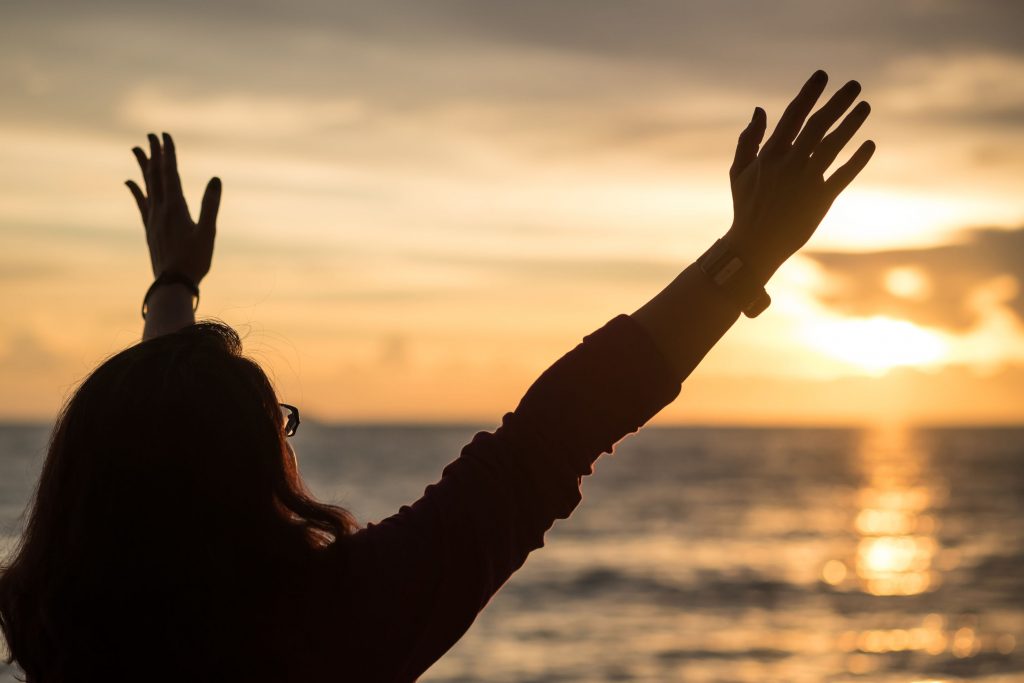
Belief is a type of personal experience you have as a person when you know something is true even if you can’t personally confirm it. It can be different from the spiritual experience as it can be related to the physical.
Belief can be personal when only you believe a certain thing or a group belief when multiple people believe something is true even if an entire group can’t confirm it. Most beliefs are tied to the emotional and the mental experience.
5. Birth
Birth is the first experience of a person. Largely unaware of it by memory, birth is a marking experience where a newborn comes to an unknown world. Giving birth can also be tied to this experience.
Women give birth to kids by knowing or not knowing what to expect, depending on if they previously went through the experience.
The experience of birth involves all senses. Newborns can feel distressed, interest, disgust, or happy. It is believed that even a newborn can communicate these simple feelings through facial expressions. Some also believe body posture signals the newborn’s emotional state.
6. Change
Change is constant in our lives. We change how we dress and we change how we eat. We also change where we live or where we work. These dynamics are what triggers the feeling of adaptation. A person experiences different aspects of adaptation.
Change triggers both quick and slow adaptation. An example of quick adaptation is making your way around unfamiliar grounds while traveling. An example of slow adaptation is the newborn’s ability to eat and digest solid food.
7. Childhood
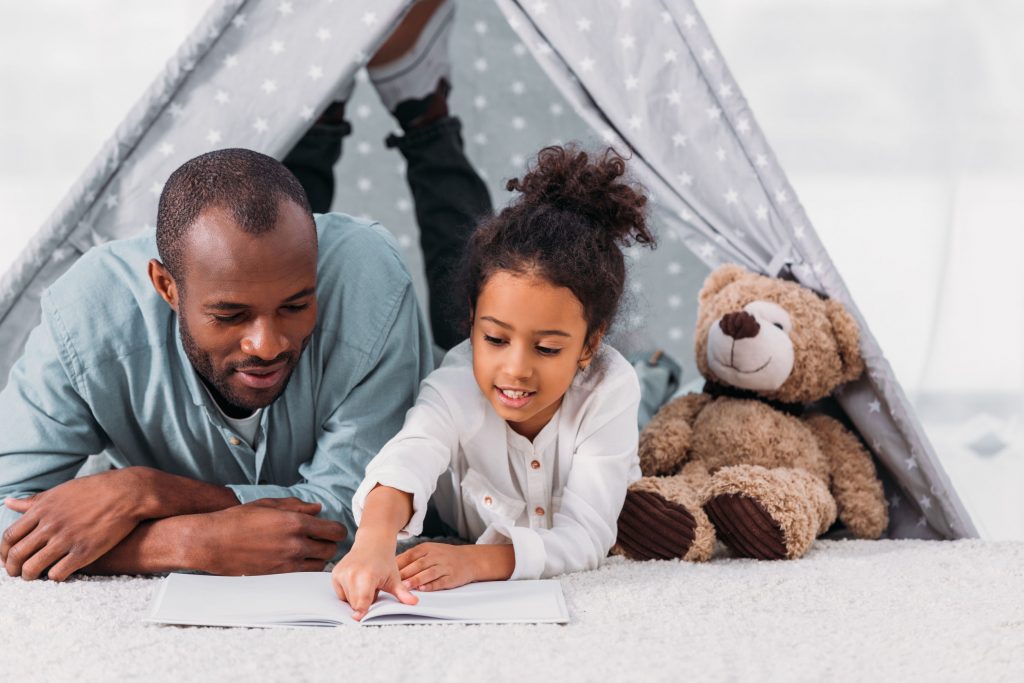
Childhood is a type of experience. Being a young person with your parents around is an experience. It has been shown that kids generally don’t fear aging. They have the whole life ahead of them and the feeling of being protected by the parents forms their childhood.
The first aging worries appear in kids aged 12 and above as shown by studies. In the end, it is called ‘growing up phobia’ where kids see their body development as a threat. But the fear of growing up can be present in most children to different extents.
8. Community
The experience of community is closely tied to the social nature of humans. Most people feel the need to connect with a partner, the family, people in their neighborhood, or other groups.
The feeling of community is 3rd in Maslow’s Hierarchy of Needs after basic needs of food and shelter and safety need. Maslow defines the feeling of community as the experience of friendship, family, and the general sense of connection.
9. Competition
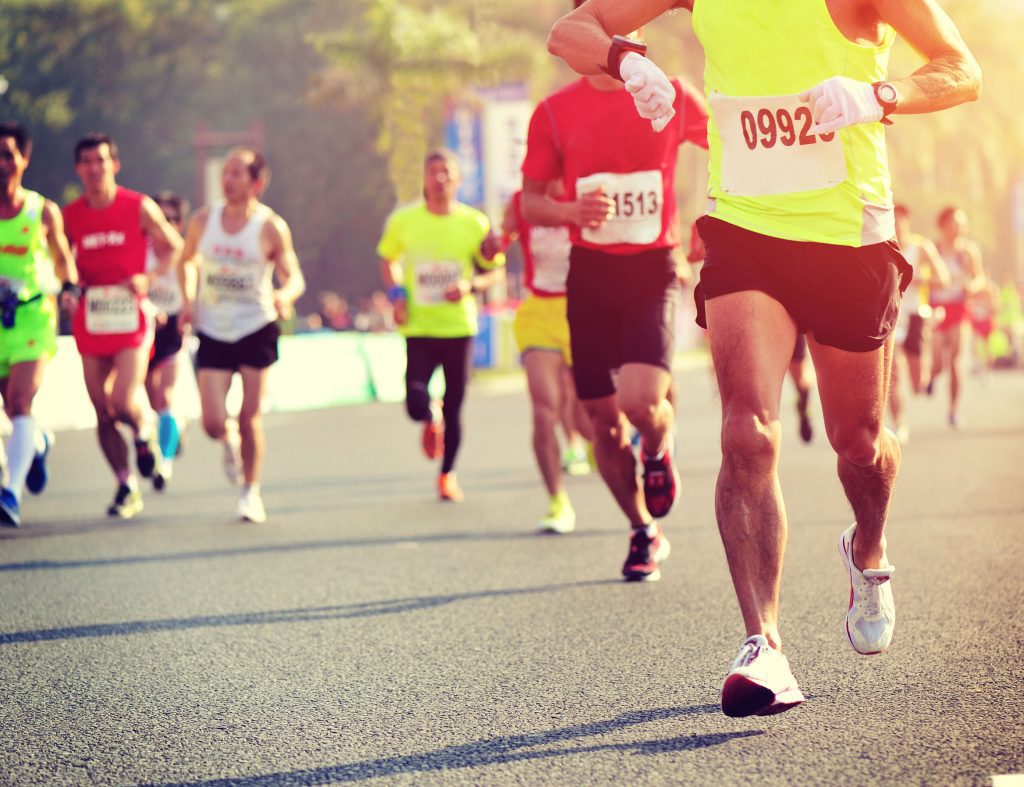
Competition is also part of human nature and an experience we all go through. Competition is the desire to outperform others who also have the same constraints as you. This can mean you can compete with others earning as much as you or others similarly smart as you.
The competitiveness of humans is best exemplified by work and sports. Games such as football or basketball are where the competitive desire to be in a better position than the opponent is seen best.
The competitive spirit is highly individual and a person will fight for a better personal position especially when the resources are constrained.
10. Conflict
Conflict is a type of experience you can have with another person or with a group of people. It can be described as destructive or a disputing relation between people. Conflict is one of the most intense personal experiences and it’s seen from a young age.
Kids get in conflict with other children over attention, personal belongings, or space. This state of conflict is often a reaction of self-defense. Adults can get in conflict when not agreeing on the same ideas or when they feel others aren’t right.
11. Constraint
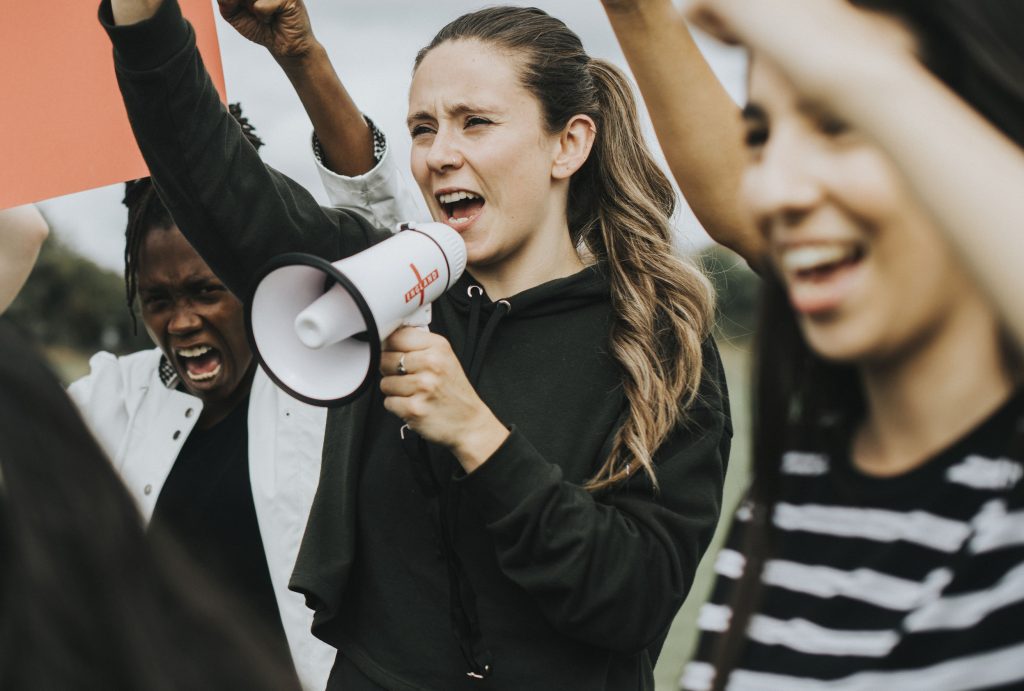
The constraint is one of the types of experiences that can lead to conflict or rebellion. The constraint is the feeling of having your freedoms limited or guided to an extent that limits your expression. You can feel physical constraint as a child when you can’t go outside and play.
Adults can feel physical constraints at university where they must follow what the professor says. You can also feel constraint by the government under totalitarian regimes where you need to act as the state tells you.
Restrictions on personal freedoms are something that people can relate to as a group or they can be individual feelings. Some mothers feel restricted when they have a new child as their life’s purpose changes to taking care of the child.
12. Creativity
Creativity is a personal or collective type of experience when you create an experience, object, or project that is novel. You are considered creative when you’re targeting something new that nobody has ever done before.
But creativity also refers to creating non-obvious things of value. When you think outside of the box or when you go down a path nobody has ever gone you are choosing a non-obvious type of creative experience.
All people experience creativity to a certain degree. The creative experience is seen from early childhood to late adulthood.
13. Culture

Culture represents all creative habits and traditions. You are part of a cultural experience when you take part in certain traditions in your area or a new area. Language is one of the first cultural experiences you face. You learn the language of those around you first.
A culinary experience is also part of the culture. You learn to eat the foods others around you eat first. This type of experience extends to arts, literature, and celebrations. You learn to participate and share holidays other people do in a cultural activity. Entertainment is also part of the culture.
14. Destruction
The experience of destruction involves the loss of valuables such as personal belongings or of life. You can experience destruction in times of peace such as with theft.
A destruction experience is considered when a person steals from you. In the end, the destruction is mostly embodied during times of war or natural disasters such as earthquakes.
The feeling of destruction is even more prevalent when a close person dies. The feelings of loss are some of the most powerful in life and the close the person that passed away is the more intense this type of experience is.
15. Emotion

Emotion is a conscious state that gives use to feelings such as joy, anger, anticipation, or restlessness. Emotional experiences color our lives at all of its stages. You can get emotional in sad times or even in good times.
One of the first emotions of humans is happiness. It’s believed newborns show when they’re happy by smiling. Emotions are deeply personal and typically tied to different events, activities, or happenings. Emotions are conscious which means you are aware of them are you are aware of your thoughts.
16. Empathy
Empathy is feeling with others. You feel emphatic when you see someone is suffering and your share their feelings. You also feel emphatic when someone is happy and you are happy with them. But empathy is even more complex. You get to feel what a novel writer was feeling when the book was written through empathy.
Empathy is a feeling we aren’t born with. It’s believed empathy is a feeling babies start to show at the age of 2. At this age, babies start to understand the feelings of others. This is the first empathy experience. Babies this age feel both happiness and pain in others.
17. Failure
Failure is a missed attempt to accomplish something. You can try to fix a car and miss the target. It’s considered an experience of failure. But we see failure in all walks of life. Failing can be disheartening and it can trigger other types of experiences.
Continuous failure can trigger sadness and even depression at extreme ends. In other cases, continuous failure leads to motivation as historic examples show us.
Edison, the man who invented the light bulb famously failed at his creation over 1.000 times. It’s considered one of the major examples of how failure is interpreted on a personal level.
18. Family

Immediate bonds with others are the strongest within the family. Kids feel attached to their parents while partners feel attached to their kids and each other. This is the first type of social experience and is defined in the 3rd level of Maslow’s pyramid under love and belonging.
The feeling of belonging is the strongest in a family. One of the main benefits of this feeling is that it triggers feelings of intimacy and security. Families are the founding nucleus of society.
19. Fear
Fear is tied to risk. Whenever we take a risk we allow fear into our lives. Fear is an emotion that some control better than others. It’s believed fear can also be a self-defense mechanism. When you stand on the edge of a tall building, you feel fear which tells you to back off.
Associated with danger, fear is a feeling that is with us as long as we live. Fear can be triggered physically by an immediate danger such as an oncoming vehicle. But it can also be triggered mentally in an anticipation of an important event such as taking an exam.
20. Freedom
Freedom is the experience of doing whatever you like without restriction. It defines personal expression and it is typically associated with different aspects for humans. Some see freedom as the ability to travel while others see freedom as the full unrestricted ability of expression.
The freedom feeling is often tied to emotion. You feel free when you do things you like. On the other hand, freedoms can be taken away from you. Convicts are mainly suffering from the absence of freedom with all the restrictions it comes with.
21. Friendship
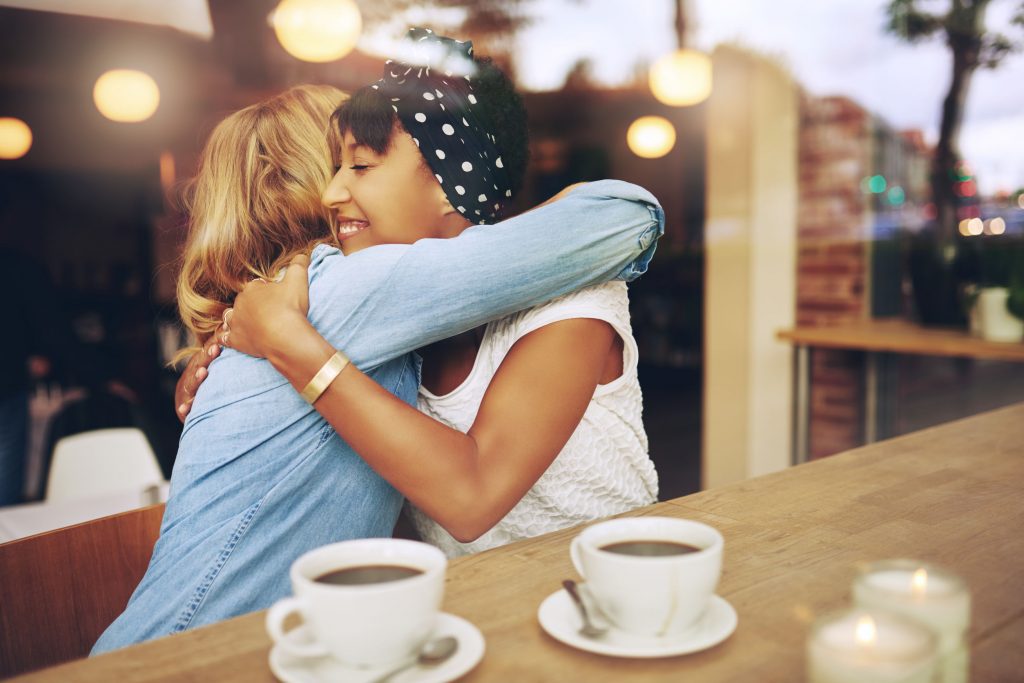
Friendship is represented by ties to people to who you aren’t related. You become friends with strangers you have things in common with.
Friendship or camaraderie is a basic social need for humans long after they meet their basic needs of food, shelter, and safety. Friendship is even considered more important than the feeling of strength.
Friendships are formed at different stages of life. It’s believed kids are the fastest to make new friends through shared experiences such as being together in the same class which forms bonds through a shared experience.
22. Happiness
Happiness is the feeling of being contemptuous. You are happy when you are doing something you like such as an activity, chatting, or even laying back and doing nothing. The experience of happiness is different from one person to another.
Kids are happy when they play or when they spend time with their parents. Adults feel happiness in hobbies, work accomplishments, status, financial results, and other accomplishments. But animals can also have feelings of happiness. Incipient studies show dogs have the feeling of happiness generally experienced by 2-year old babies.
23. Hate
Hate or anger are negative feelings that can cause humans to act in an undesirable manner. The experience of hate is an emotion often the result of an action or inaction from others. People feel hate all the time.
Scientists aren’t sure if hate is natural or unnatural. They say we are born with feelings of compassion but we are also born with feelings of hatred. Culture and personal experience turn used more towards one or the other. But what psychologists agree upon is that one of the causes of hate is the feeling of vulnerability.
24. Imagination
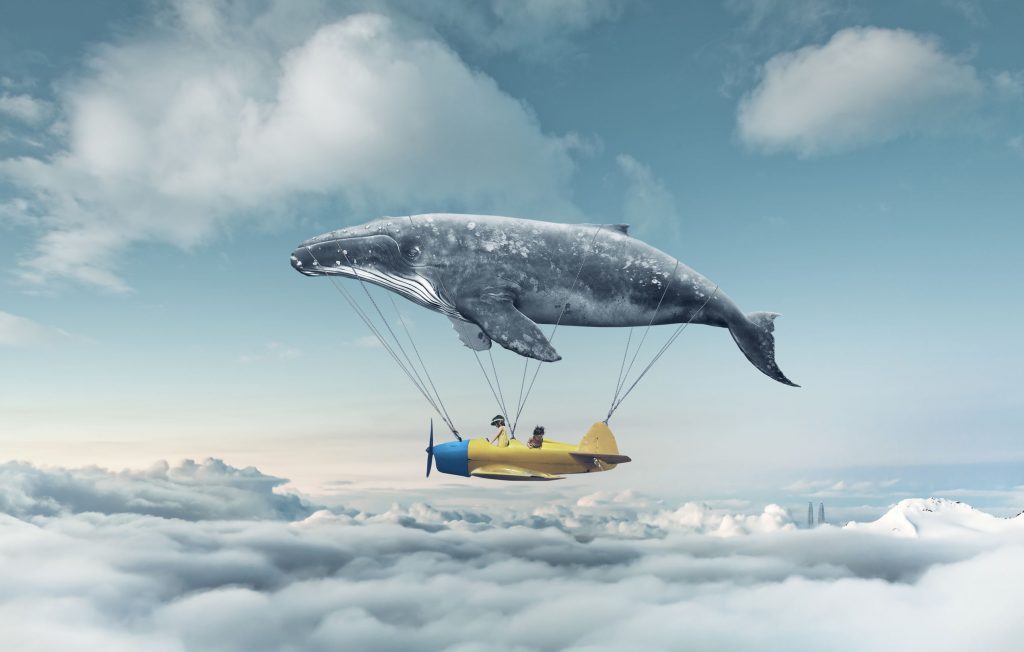
Imagination is the experience in which you can think of things that are not known. You can imagine how a new building is going to work as an architect or how a playground will look like as a child. Imagination is generally associated with positive aspects.
But some know imagination can also have a negative connotation. You can imagine bad experiences are going to happen which can trigger anxiety. Imagination is one of the deeply personal experiences.
25. Joy
Joy is an exclusively-positive feeling, emotion, or thought. Joyful thoughts can trigger joyful feelings and joyful feelings can trigger joyful thoughts. Joy is one of the most sought feelings.
Joy is positive and it has many positive impacts on health and the human body. Feelings of joy signal the brain to release serotonin and dopamine. When you go through joy, your brain releases these neurotransmitters.
It has been shown that sad people or those suffering from depression are generally low in serotonin. They are prescribed simple tasks that bring joy such as going for a walk out in nature where the brain can relax.
26. Learning

Learning happens by doing or by consuming information. Both of these play their part in the process. You can learn by doing, trying, failing, and succeeding. You can also learn by reading, writing, and exercising theoretical aspects.
Learning is a type of experience that has driven mankind’s progress. Kids learn in schools so that they are better prepared for the life ahead. People learn through repetition as well.
You can become very good at a certain craft by repeated the same tasks over and over until you become a master at that particular craft.
27. Logic
Logic is defined as the capacity to work with facts. It is an experience that is dictated by concrete evidence with examples in mathematics, chemistry, and other areas of study. Logic also applies to daily proven tasks such as rules. Logic tells us following traffic rules is safer than not following them.
The experience of logic is learned. Kids don’t have an innate ability of logic or predictability for their actions. You learn logic by theory and by practice.
28. Mortality
Mortality refers both to a personal death and the ability to recognize a person’s eventual death. Mortality is an experience normally associated with aging and the end of life. But a mortality experience is also the one where you see a friend or a close person die.
Death triggers the experience of mortality which in itself is natural. It’s said that death is part of life but it’s often associated with the feeling of grief in case one of the persons close to you passes away.
29. Motivation

The experience of motivation is the drive to do things. It’s generally associated with the action. You are motivated to do something when you’re expected not to. Some consider motivation the ability to be driven where others aren’t.
The experience of motivation is generally personal and given by a personal passion or desire. You can self-motivate or you can become motivated by others.
Some people get motivated by example when they see others pursue dreams and passions. Motivation comes at an early age. The lack of motivation can be a medical condition and there are now treatments to tackle it.
30. Nature
Experiencing nature is a real event. Humans have become disconnected by nature through industrialization. But breathing fresh air, walking on grass, or simply being out of the house is considered a nature experience.
Nature has mostly been associated with positive health changes. From being fit from walking in nature to breathing fresh air with low pollution, the natural surroundings have a healing effect. You can experience nature in many ways from the surrounding areas of your home to traveling to remotes part of nature in the world.
You can also experience nature indirectly. People who work outside don’t suffer from a nature disconnection. There’s also an opposing experience to nature when you sit inside the house too much. This can lead to Vitamin D deficiency.
31. Physical
The physical experience of the body is among the first you feel as a person. You feel your body ache and when you walk or work too much through aches. Your head hurts when you don’t eat or drink sufficient water.
All of these experiences are part of the physical. Physical pain is one of the most immediate types of experiences your body in a positive way through the feeling of rest. You feel your body functions better when you are fully rested.
32. Play
Playing is a fun experience you engage it for enjoyment. You don’t play to achieve a productive purpose but to relax. Playing comes natural both to kids and adults. You can play by yourself or with others.
One of the main purposes of playing is to stimulate your brain to relax or to feel good. Playing kids always feel good and this positively impacts their immune system. Since the brain feels good, the feeling of stopping playing is always delayed.
But not all playing is unproductive. You can also learn through playing. For example, you can learn about your body’s tolerance to running and effort when playing outside.
33. Privacy

Privacy is not an experience we’ve only seen through the advent of technology. Privacy is a basic human experience as old as civilization itself. Privacy is the ability to restrain from being observed.
People want to feel private when they want to relax or when they want to disconnect from other people or technology.
Privacy is an experience that grows with aging. Kids have the urge for privacy as well, but they depend on their parents for food and help with daily tasks. As a result, kids are less likely to ask for privacy as much as adults.
34. Problems
Problems occur almost every. We experience problems as hurdles that keep us from reaching a certain objective. Problems can also occur when we have no objective. The experience of problems is congruent to all walks of life regardless of class and social status.
Some of the most basic problems involve getting food and shelter. These are the most common problems or needs humans have. More complex problems involve getting status and the approval or praise of others.
35. Rational thought
Being rational is being valid in truth according to others. Rational thoughts are learned through aging, learning, and personal experience. Rational thoughts are considered those based on facts. The principles of action and reaction are considered to be the best examples of rational thinking.
Aristotle names humans as rational livings that can draw and complete a project. It’s believed the ability for rational thinking separates humans from animals. Rational thoughts have been believed to be the most comprehensive with age. This is why ancient tribes saw the elderly as the most rational in the group.
36. Rest

Rest is the experience of sleep. It might also refer to relaxation or taking a break. Rest is crucial for humans as it allows both the body and the mind to relax. Its role only becomes obvious when a person is rest-deprived.
The longest period a human has gone without sleep is 11 days. However, depriving your body of sleep comes with feelings of nausea, restlessness, and extreme fatigue. One of the quickest ways to negatively impact the immune system is to skip proper rest as well.
37. Self-fulfillment
The experience of self-fulfillment is lived when you’ve done something you’re proud of. This is generally a work task but it can also come during relaxation or playtime when you plan a certain outcome.
This experience is most visible when constructing physical things such as objects or other structures. Kids learn to play with dolls and cars around which they build structures as the most immediate self-fulfillment result.
38. Sense
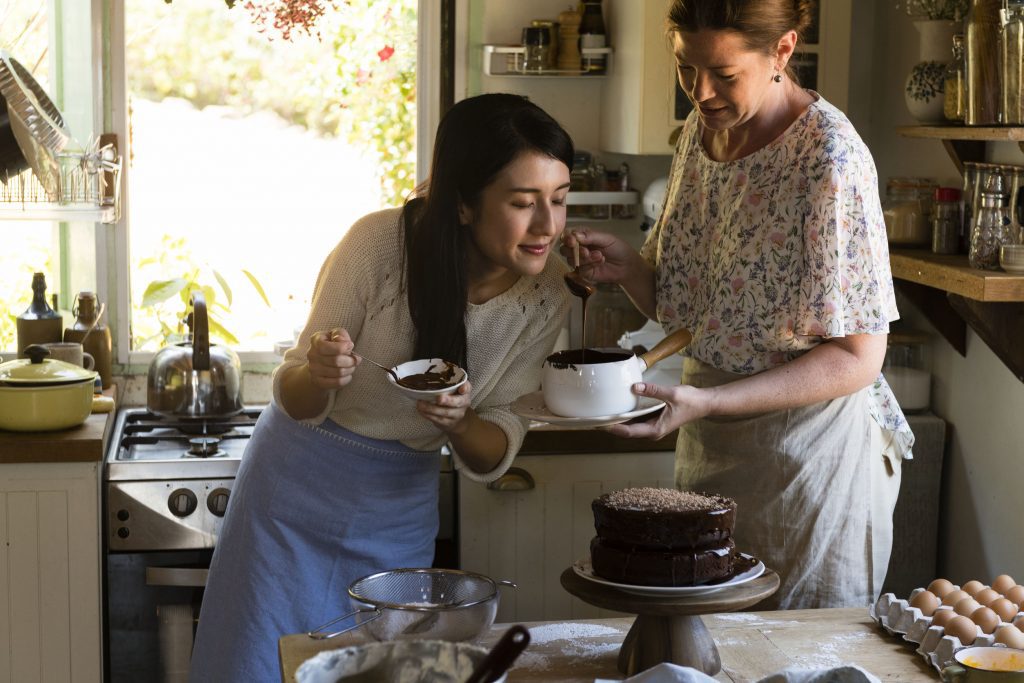
All types of experiences also involve the senses. You can have the sense of smell, touch, and taste as experiences. You enjoy them when you eat or smell something new or something rare.
The sense of touch is one that is first used as we are born. Kids tend to touch every object or personas a discovery method.
Another important sense is sight. Vision is arguably the most important sense that drives everything we do. Many of the different types of experiences we have are based on or heavily influenced by vision. The sense of sound is also influential in our lives.
39. Sickness
Sickness refers to all of the undesirable experiences our body goes through. The senses mentioned above or the body can suffer from sickness or pain to a different extent as a result of various causes. You can be sick from contracting a virus but your body can also be sick through hereditary diseases.
It’s worth noting sickness is the most problematic when it’s reoccurring. Even with pain that tends to come back, the experience always feels new or different. Joint pain tends to be reoccurring and it can be a type of experience that repeats itself for years.
40. Society
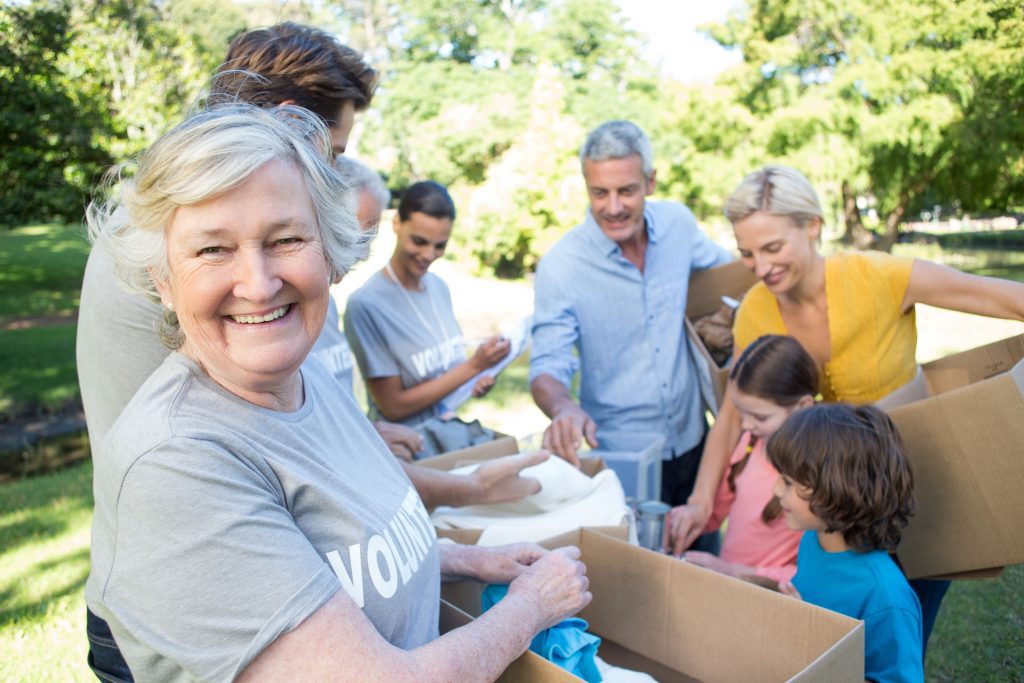
Societal experiences are tied to how we interact with those around us. Different from cultural experiences when we tend to copy habits and traditions, society’s experiences tend to be different and they require adaptation.
Whenever we walk into a new situation, we learn to adapt and to behave accordingly. Customs in every society is different and the ability to learn from these types of experiences is the best when traveling.
Opening up to ways of life and new societies are the easiest when being in a new city or a new country.
41. Space
Space is an open space in which you can move in is a type of experience. Running, playing a sport, jumping, hiking, or rowing are all experiences we have in space. This special category of experiences often comes with the feeling of freedom.
Humans tend to open up new space experience opportunities as they grow into adulthood. Kids stay close to their parents and their home as it’s all they know.
42. Spirituality
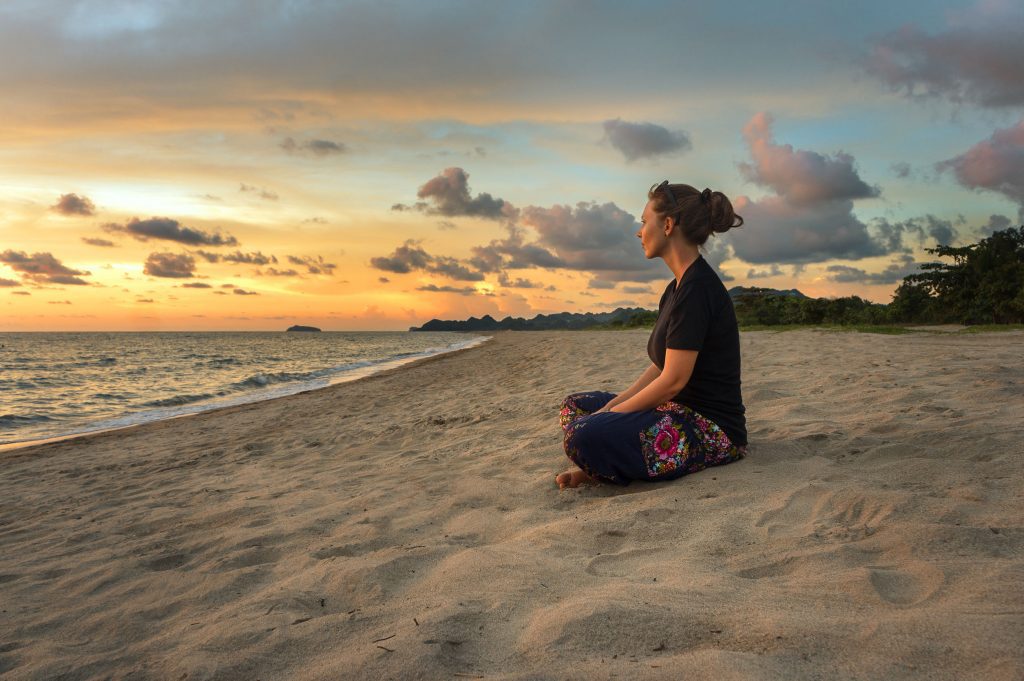
All experiences of contemplation, mortality, afterlife, the scope of life, self-worth, redemption, and the role of the universe are tied to spirituality. Its spirituality shaped how and when we think about such matters and they offer a myriad of experiences for an entire life.
People have been into spirituality for millennia. Geographical and cultural influences are the most important in spirituality. A spiritual person is typically a person that also thinks about other things than the self.
Some of the most spiritual figures in history have thought of kindness, peace, forgiveness, and most importantly, self-improvement.
Some of the biggest religions in the world such as Christianity, Judaism, and Island teach self-improvement as a way of life. Spirituality encompasses all of the steps required during the process of self-improvement which often revolves around the idea of not harming others and the ideas of making yourself a better person.
43. Spontaneity
Spontaneity is an experienced learned and mastered in years. A spontaneous person reacts immediately when needed. This involves being spontaneous when doing something such as when working in the garden and reacting quickly to danger. A person can also be spontaneous when having a good replicate to a conversation.
Spontaneity is a type of experience that is often tied to the brain and the reaction of the nervous system. Not everybody is the same and this is why some people are more spontaneous than others.
44. Success

You experience success when you accomplish a project, task, or any other set goal. Most people look for success in daily areas of life such as health, leisure activities, and especially in professional lives.
Success is also largely influenced by external factors. Most of the success we say we have at work is defined by the company we work for. Productivity used to be the success measure in communism.
The more a worker produced, the more others needed to follow the example. Capitalism defines success as the ability to create capital. The more you sell or the more you earn, the closer you are to reaching success.
45. Time
One of the most important life experiences is time. We experience time differently depending on our age and our activity. The impression that time flies fast is usually tied to the aging population. People who know time is irreversible are those who value it the most.
But time can also be interpreted differently by effort. It takes time to become a top-level athlete. But without effort, this time would be wasted. This is why sportspeople know the limited aspect of time the best.
46. Virtual experience
A virtual experience is a type of activity you have with the help of technology. It might refer to the social media interaction in the virtual world and to the virtual reality games we play that are increasing in popularity.
All the virtual experiences we have today have been impossible to imagine just decades ago. The virtual world is only expected to increase in importance today as we spend more and more time on our gadgets.
47. Work

Work involves creating something with our efforts. We work for ourselves or we work for others in return for some type of compensation. Work is one of the life experiences that takes a lot of time as most people spend their lives working.
It has been estimated we spend around 90.000 hours of our lives working. This means one-third of our entire life is spent trying to add value to something in the line of work. The experience we have with work changes in time.
At first, we try to become good at a certain task. Some say this task then becomes second nature. Incipient research tells us we need to spend 10.000 hours on a certain skill to become good at it.

